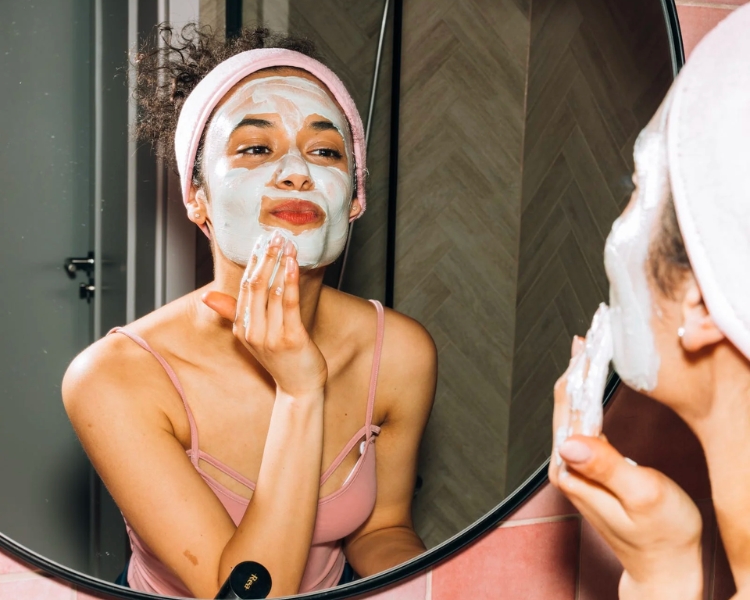As winter settles in Phoenix, Arizona, the dry and cool climate can wreak havoc on your skin, leaving it parched and lacking moisture. While the desert landscape may be beautiful, it poses unique challenges to maintaining healthy, hydrated skin during the winter months. There are practical tips and a skincare routine to help you avoid dry skin and keep your complexion glowing all winter long.
1. Hydration from Within
In the desert, staying hydrated is crucial not only for your overall health but also for maintaining skin moisture. Ensure you drink an ample amount of water throughout the day to combat the dehydrating effects of the arid climate. Incorporate hydrating foods rich in water content, such as watermelon, cucumber, and citrus fruits, into your diet to support your skin from the inside out.
2. Gentle Cleansing
Opt for a mild, hydrating cleanser to avoid stripping your skin of its natural oils. Harsh cleansers can exacerbate dryness, so choose products that are sulfate-free and designed to maintain your skin’s moisture barrier. Consider cleansing your face with lukewarm water instead of hot water to prevent further dehydration.
3. Moisturize, Moisturize, Moisturize
Invest in a rich, emollient moisturizer to combat the dry Arizona air. Apply your moisturizer immediately after cleansing, while your skin is still slightly damp, to lock in moisture. Look for ingredients like hyaluronic acid, glycerin, and ceramides, which help attract and retain moisture. Don’t forget to extend your moisturizing routine to your body as well, especially areas prone to dryness like elbows, knees, and heels. Remember your winter moisturizer should be more rich, and hydration-locking than your summer moisturizer.
4. Sunscreen is Still Essential
Even during the winter months, Arizona’s sun can be intense. Sunscreen is a year-round essential to protect your skin from harmful UV rays, which can contribute to dryness and premature aging. Choose a broad-spectrum sunscreen with at least SPF 30 and apply it generously to all exposed skin, including your face, neck, and hands.
5. Humidify Your Environment
Combat the dry indoor air by using a humidifier in your home, particularly in your bedroom. Humidifiers add moisture to the air, preventing your skin from becoming overly dry while you sleep. This simple addition to your environment can make a significant difference in maintaining optimal skin hydration.
6. Exfoliate with Caution
While exfoliation is beneficial for removing dead skin cells, be cautious not to overdo it, especially in a dry climate. Limit exfoliation to once or twice a week using a gentle exfoliant to avoid stripping your skin of essential moisture. Consider incorporating a hydrating mask into your routine to replenish and soothe your skin.
Achieving and maintaining healthy, hydrated skin in an Arizona winter requires a thoughtful and consistent skincare routine. By staying hydrated, choosing the right products, and being mindful of environmental factors, you can enjoy radiant and moisturized skin throughout the season. Embrace these tips, and let your skin glow even in the midst of the desert chill.

